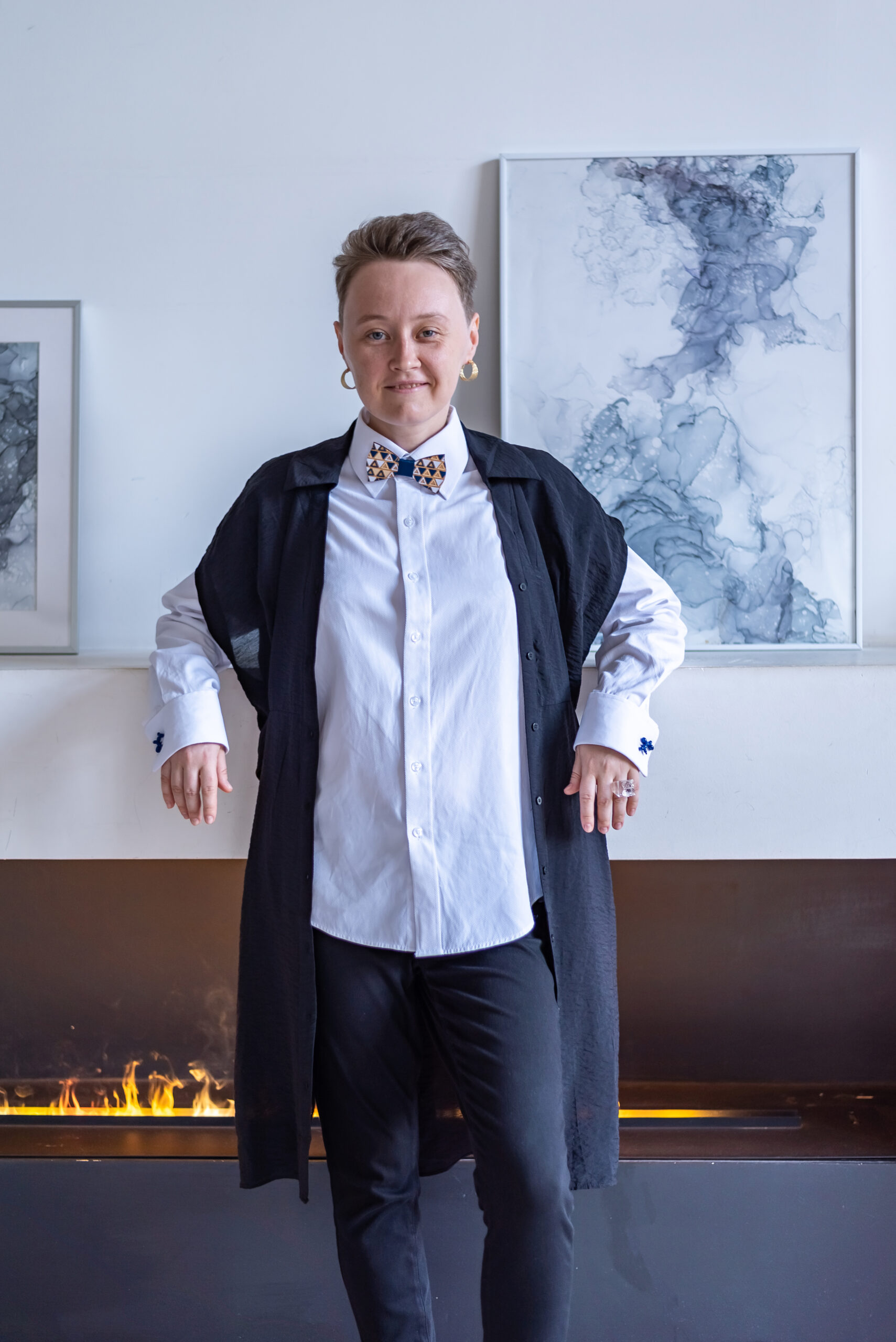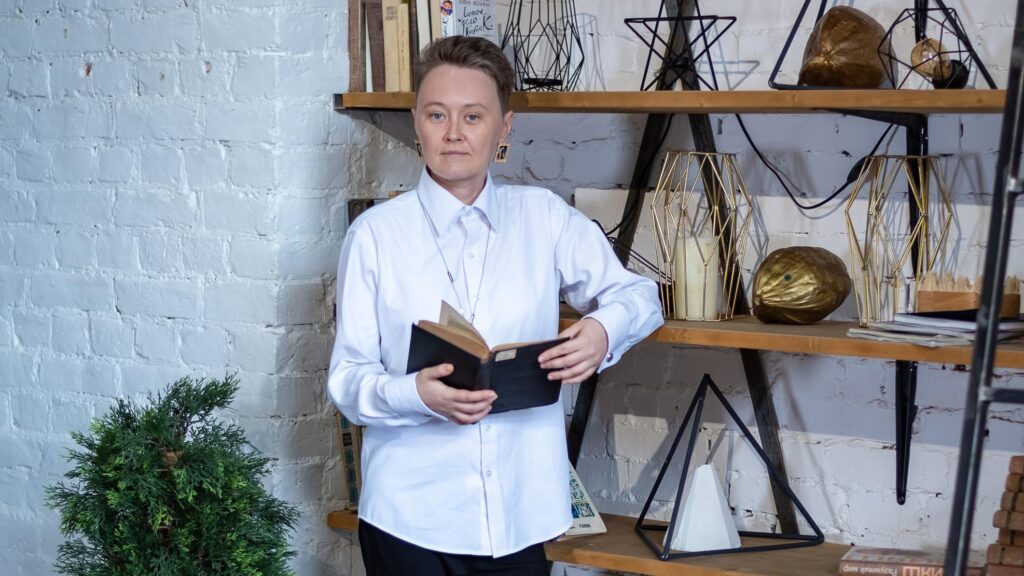About
What kind of therapist am I?
I am sensitive to other people, caring, and supportive. I base my work on the scientific approach — combining emotional and rational aspects.
As a clinical psychologist, I address a wide range of experiences, from common life challenges to diagnosed clinical issues, including but not limited to personality disorders and mood disorders.
Ensuring adherence to professional ethics is crucial in my practice, and I prioritise creating a safe space for therapy. I am committed to upholding human rights, and LGBTQ+ clients are more than welcome.

My Professional Background
I am a licensed Clinical Psychologist in Italy (Board of Psychologists of Lombardy, N26285).
I have completed a program in gestalt psychotherapy, earning certification from the Moscow Institute of Gestalt Therapy and Counseling, Russia (the program complied with the requirements of the European Association for Gestalt Therapy).
Currently, I am enrolled in the training program for psychotherapists at the Gestalt Institute for Psychopathology and Psychotherapy (IPSIG), Italy, where I hold the esteemed position of program tutor. My duties involve supervising group dynamics, offering mentorship, and conducting thorough assessments of students’ progress.
I place a strong emphasis on scientific involvement as a core aspect of my professional life, actively contributing to the progress of psychology and psychotherapy. Through seven publications in reputable scientific journals and presentations at four international conferences, my commitment is to drive the field forward.

Education
Moscow Institute of Gestalt Therapy and Counseling, Russia, 4 years psychotherapy program in gestalt approach, aligned with the training standards of the European Association for Gestalt Therapy (EAGT)
EMDR European Association, Italy, Standard Training in Trauma Work, Levels I and II
University of Bergamo, Italy, Master’s with honours in Clinical Psychology for Individuals, Families and Organisations
St. Petersburg State Institute of Psychology and Social Work, Russia, Bachelor’s with honours in Psychology

Internship
European Institute of Systemic-Relational Therapies (EIST), Milan, Italy: a part of clinical team working with individuals and families, 1000 hours
Transcultural clinic CRINALI, Milan, Italy: member of the team providing short-term therapy in transcultural approach to women rescued from human trafficking, 300 hours
Clinical Center Panta Rei, Milan, Italy: a part of clinical team, individual and family therapy in systemic and social constructivist approaches, 150 hours
Publications
Fellin, L. C., Zizevskaia, E., & Galbusera, L. (2024). Is the mainstream construction of mood disorders resistant to systemic thinking? Frontiers in Psychiatry, 14. doi:10.3389/fpsyt.2023.1270027 (in English).
Shchukina, M. A., Zizevskaia, E. (2019) Cognitive stereotypes about women drivers. Materials of All–Russian scientific–practical conference with international participation “Technologies of cognitive transportation systems construction”. St. Petersburg.: Solomenko Institute of Transport Problems of the Russian Academy of Sciences, p. 80-84 (in Russian).
Zizevskaia, E., Shchukina, M. A. (2019). Foreign tests used for psychological assessment of sexism. Journal of Modern Foreign Psychology, 8(3), p .68—77. doi:10.17759/jmfp.2019080308 (in Russian).
Zizevskaia, E., Shchukina, M. A. (2019). Sexism Structure Inventory (SSI): developing and evaluation of psychometric properties. Psikhologicheskie Issledovaniya [Psychological research], 12(64), p. 4. doi:10.54359/ps.v12i64.232 (in Russian).
Zizevskaia, E., Shchukina, M. (2019) The role of “lenses of gender” in construction of sex in perception of gender-neutral images. Psikhologicheskii zhurnal [Psychological journal], 40(5), p. 48-61. doi: 10.31857/S020595920005417-4 (in Russian).
Zizevskaia, E., Shchukina, M. (2018). Gender schemas in perception of gender-neutral images. Psychology in Russia: State of the Art, 11( 1), p. 151–163. doi: 10.11621/pir.2018.0112 (in English).
Shchukina, M.A., Zizevskaia, E.S. (2017). The method of psychological diagnosis of the Sexism structure. Materials of All-Russian Scientific Jubilee Conference “Fundamental and applied researches of contemporary psychology: results and prospects of development”. Moscow: Publ. Institute of Psychology of Russian Academy of Science, p. 888-896 (in Russian).


